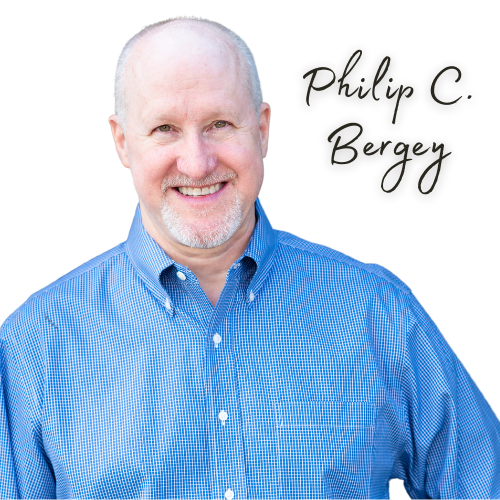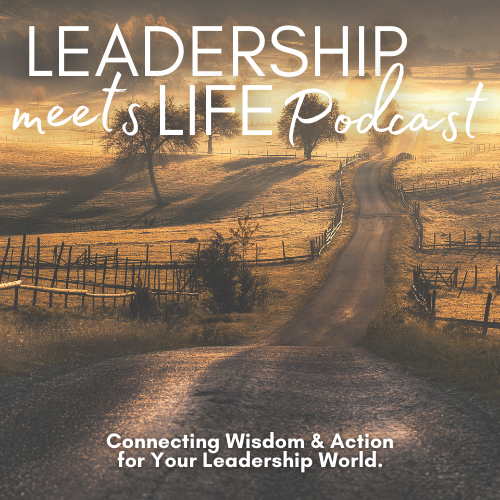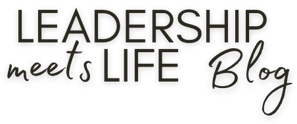Executive Coaching Focused on Your Leadership

Meet Philip C. Bergey
Senior Design Partner
Phil Bergey is an executive leadership coach who builds on 30 years of diverse leadership experience in business and non-profit roles to form trusted relationships and deliver results with humor, flexibility, and depth. He grew up and was a partner in what is now a three-generation-led family business and has led both start-ups and 300-year-old organizations. Phil has served hundreds of leaders, boards, businesses, and organizations as an executive leadership coach, process consultant, facilitator, and educator.
Phil is married to Evon and in addition to enjoying their eight grandchildren, he loves walking, kayaking, paddleboarding, birding, and fishing. His formal education includes an MA in human development and a Ph.D. in human and organizational systems. His coaching is focused on helping executives and other senior leaders live with greater effectiveness, more meaning, and increased health as they grow personally and professionally. He has held a Professional Coach Certification from the International Coaching Federation since 2009 and is certified to use multiple psychometric assessments.

Hear from Leaders I've Walked Alongside
"Phil Bergey is an outstanding consultant and continual seeker of wisdom and innovation. I’ve worked with Phil where he was a one-on-one Executive Coach and on a task force where he advised a complex and highly entrenched associational system. In both cases, Phil was personable, knowledgeable and effective. He is well supported in his craft by the resources of DGI. I’m grateful to have him as someone to whom I can refer colleagues and organizations without hesitation, and with great confidence in the outcomes of his work."
Dr. Todd A. Adams | President | Pension Fund of the Christian Church and Governance Committee Member for USA Swimming
"USA Swimming hired Phil Bergey and Design Group International to facilitate a review of the mid-level structure and governance of our national organization. We found Phil, and his associate Mark Vincent, to be very responsive, perceptive, and insightful as well as extremely professional. They led our task force through a process that gathered data from key stakeholders, evaluated that information, considered different levels of potential change, and provided a set of recommendations to address current and future needs. I have the utmost respect for Phil and Mark and the Design Group International team."
Pat Hogan | Club Development Managing Director | USA Swimming
What I Believe About Coaching
My vocational calling as an executive and leadership coach allows me to work with leaders who want to transform themselves and the organizations they lead. I have always been interested in how to help other people succeed. I’m naturally curious about people and what helps them thrive. Through one-on-one as well as process coaching, I help leaders and their teams gain new perspectives on themselves and their work. What truly energizes me is working with leaders of all ages who want to grow and thrive both as leaders and people.
People
Most people want to grow and live a meaningful life. When I agree to coach someone, I do so with the belief that my client is naturally creative, resourceful, and whole. Coaching provides a setting to release and develop what is inside someone. Coaching also creates a place from which a client’s assumptions about self and barriers to growth can be safely and thoughtfully challenged. Above all, coaching provides perspective so clients can live fully and successfully.
Leaders
There is no single “right” way to lead. The best leading happens when a leader has sufficient self-understanding to consistently be open to growth and transformation. Great leaders are always learning, always growing. Great leaders also consistently work to understand their role and how best to serve in their context. Great leaders have the capacity to understand the unique needs of their team members and are able to coach and mentor them in ways that effectively enhance their growth and development as individuals and as a team.
Systems
To paraphrase the English poet John Donne, no one is an island. We all live and work within human systems. These systems—whether at home or in business or any social setting—influence and shape how we develop through life. Leaders always need to understand their role and relationship with/to/in the systems they serve.
Change
As you know, today more than ever, nothing is as constant as change (Heraclitus). Yet leaders frequently seem surprised by or unprepared for the challenges around leading change. Change can be understood in many ways, including scope—transformational or incremental, intentionality—planned or unplanned, and source—innovation or imitation (Dyck and Neubert). Executive coaching involves helping people understand their unique relationship with change and helping them learn approaches to change that fit their personality and leadership style.
Communication
Communication is central to human existence, and yet it remains one of the most challenging aspects of relationships. Serving as an executive and process coach, it is my job to help leaders be as candid as possible with themselves about their communication strengths and weaknesses. Communication is much more than the words we use. It includes how something is communicated, or even what is left unsaid, and it is always at the mercy of whether or not there are shared assumptions about the meaning of specific words or intentions. In leadership, giving and receiving feedback is a vital part of success.
Access Resources for your Leadership Journey.
© 2021 PHILIP C BERGEY. ALL RIGHTS RESERVED
/DGI%20Logo%20-%20200x95%20(Website%20Header).png)













